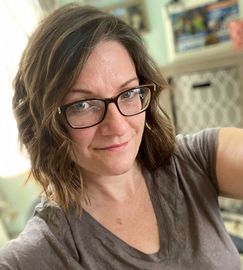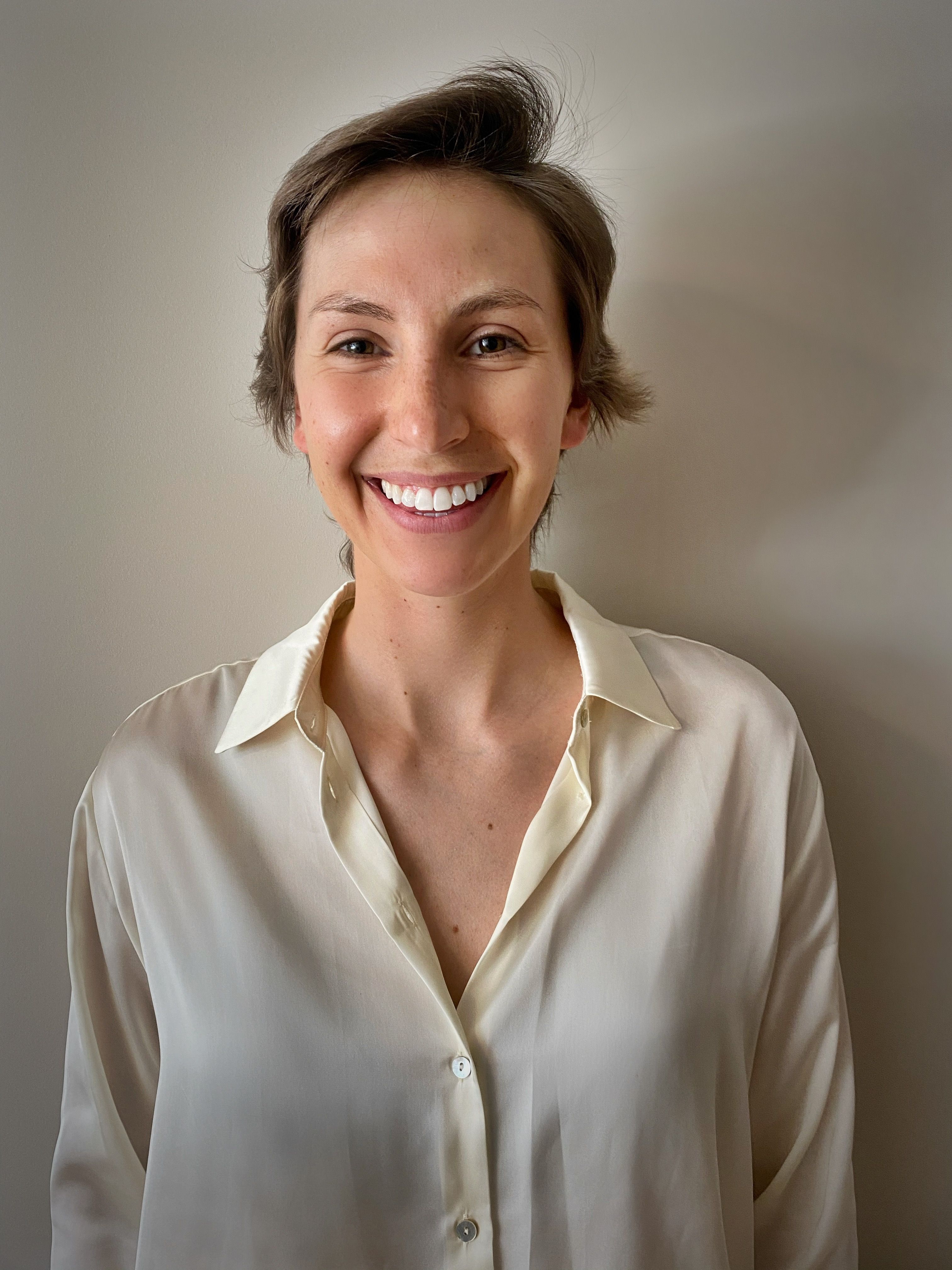- About Us
- Advertise / Support
- Editorial Board
- Contact Us
- CancerNetwork.com
- TargetedOnc.com
- OncLive.com
- OncNursingNews.com
- Terms & Conditions
- Privacy
- Do Not Sell My Information
- Washington My Health My Data
© 2025 MJH Life Sciences™ and CURE - Oncology & Cancer News for Patients & Caregivers. All rights reserved.
Cancer Survivor Offers Tips on How to Help Loved Ones Get Through Difficult Times

Nearly one year ago to the day, 24-year-old Nina Luker was completely blindsided by a diagnosis of non-Hodgkin lymphoma. But after powering through treatments in the thick of the COVID-19 pandemic, Luker is now cancer-free and offering advice to those who may be looking for ways to help their loved ones through difficult times of their own.
Nearly one year ago to the day, 24-year-old Nina Luker was completely blindsided by a diagnosis of non-Hodgkin lymphoma. But after powering through treatments in the thick of the COVID-19 pandemic, Luker is now cancer-free and offering advice to those who may be looking for ways to help their loved ones through difficult times of their own.
In an interview with CURE®, Luker, who is now working with the Lymphoma Research Foundation as an ambassador, explained that her experience taught her some important lessons about how to give – and receive – help from others.
”Not everyone knows how to support those going through hard times,” Luker said.
Most importantly, she noted, offering support without needing a response is pivotal. “To offer that love and support, and say I'm here, I'm thinking about you, but don't feel as though you need to call me and give me all these updates, is a huge burden lifted from the person going through this.”
Transcription:
If you or a loved one has been diagnosed with a life threatening or not even life-threatening disease, there's a few things that I learned that really helped me because not everyone knows how to support those going through hard times.
And one of those is checking in regularly but not expecting a response. This is something that people take lots of things personally, and everyone expects the same treatment of getting all the updates, hearing how they're doing. But when it comes to something so severe, they're getting inundated with questions. So, to offer that love and support, and say I'm here, I'm thinking about you, but don't feel as though you need to call me and give me all these updates, is a huge burden lifted from the person going through this.
This could be virtual, it could be in person, try not to ask every single question related to what they're going through and really try and make them feel normal. They don't want to be talking about every single hard thing that they went through that week. Even though there's curiosity behind the scenes, there is a time and place to discuss.
And lastly, just to be open and listen without trying to fix the issue. No one has the right answers and if you can listen and be in a space of presence with them, that is enough.
For more news on cancer updates, research and education, don’t forget to subscribe to CURE®’s newsletters here.
Related Content:




